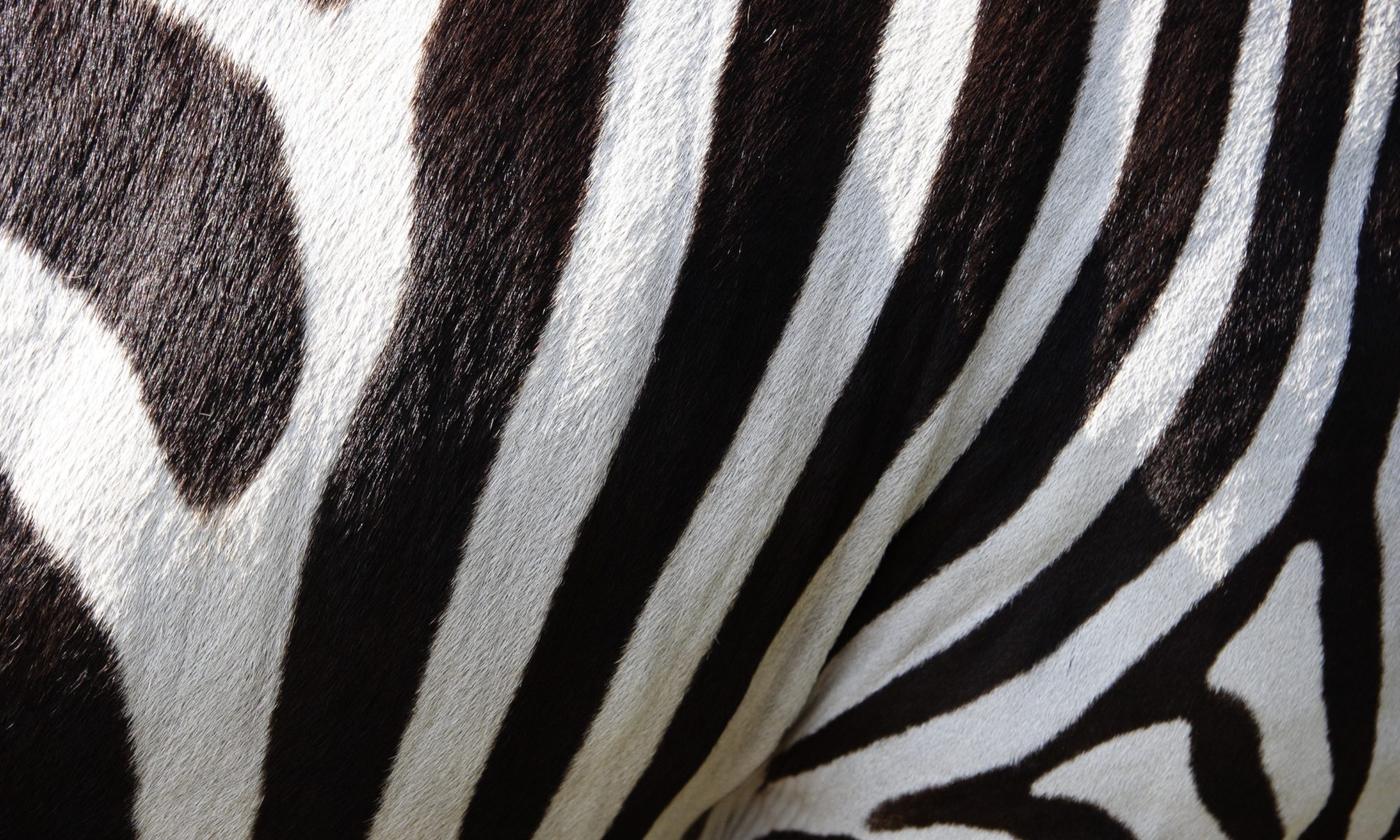This site is place holder for my book project: Fat Zebra.
While I’m working on the book, I will be updating a blog. I have also created a resource page about Hypermobile Ehlers Danlos Syndrome to share with friends and family here.
Introduction
Hello! I am currently a professor of Women’s and Gender Studies. To date, my research has been about the historical experiences of women of color scientists. You can visit my faculty page here to learn more about my work.
Since I was recently diagnosed with hypermobile Ehlers-Danlos Syndrome and Mast Cell Activation Syndrome–after a 40 year wait–I have decided to apply my training in feminist science studies to EDS and chronic illness. The book I am working on is tentatively titled Fat Zebra. It is not a medical book, but instead is an analysis of how our culture views chronic illness and the body. Specifically, I want to explore the way medical bias against fat people can lead to delayed or misdiagnosis of conditions like the Ehlers-Danlos Syndromes.
My undergraduate degree was in chemistry and Spanish literature. That means I am a person who is interested in both how the world works, AND the meaning we make of it. This puts me in a great position to be able to engage with the medical science of chronic illnesses like EDS and to think about the social importance of how we talk and think about health, illness, disability and the body.
Besides being a science nerd and a poetry buff, I am a fat, queer, mixed Latina, with dyslexia, hEDS, MCAS, and asthma. I am the embodiment, in many ways, of the Fat Zebra. If not me, then who?
She Said “FAT”!
Yep, I said “fat.” Fat Zebra builds on the the now 30 year history of fat studies. I use “fat” instead of the medicalized terms “obese” or “overweight.” There are lots of fantastic books, blogs, and podcasts out there that discuss why this shift is important. Go find them! What I want to emphasize here is that the science, despite what you have heard all over the media, does not actually support the widespread belief that fatness is inherently unhealthy OR that weight loss is actually sustainable for more than two years for the vast majority (95%+) of people. If you are interested in learning more, I recommend reading Lindo Bacon’s book Health at Every Size: The Surprising Truth about Your Weight. That book helped me get off the cycle of dieting and begin repairing my disordered relationship with food. So, yes, I’m using the word “Fat” here to resist the medicalized and unscientific understanding of weight. Fat is/should be a neutral adjective to describe the body.
What’s a Zebra?
The Zebra is the mascot of the Ehlers Danlos Syndromes. But it doesn’t really belong to EDS. The Zebra refers to people with rare diseases and comes from the way doctors are taught to diagnosis disease in medical school. They are taught “when you hear hoof beats, think horses not zebras.” The ideas is that doctors shouldn’t jump to conclusions that a patient has a rare disease. That’s probably good practice, but it has the unfortunate effect of leading to the assumption that zebras don’t exist at all. Of course we do exist! But doctors are trained to look for other causes and are often very reluctant to investigate rare diseases, even when the evidence is glaring.
Fat Zebras
The problem for fat people with rare diseases (Fat Zebras), is that we are even less likely (I suspect) to be diagnosed because doctors often attribute all our problems to our fatness. That was true in my case, and, anecdotally, it seems to be true for many other fat zebras. I was told I would feel better if I just lost weight and exercised more. The problem is that even skinny people with EDS feel lots of pain and suffer from fatigue. AND, because I wasn’t properly diagnosed, the exercise I did to try to loose weight actually damaged my hypermobile body and led to more loss of mobility, pain, and fatigue.
Sure, my joints might feel better carrying less weight. But, the reality is that weight loss isn’t sustainable. The science shows that intentional weight loss actually leads to long term weight gain in 1/3 to 2/3 of dieters. So, IF I want to think about my weight in a pathological way (and I don’t), the VERY LAST thing I should do to manage my EDS pain is diet, as that will likely result in weight gain, thereby putting even more pressure on my already fragile joints.
A “Fat Zebra” is a person who’s illness or condition is overlooked, misdiagnosed, or under-treated because their symptoms are blamed on their fatness. Of course, race, socioeconomic class, gender and gender identity, sexuality, and neuro-diversity can all be triggers for medical bias leading to the same type of problem. In a metaphorical sense, then, many people are Fat Zebras, whether their bodies are larger than average or not. My book elaborates on the experiences of Fat Zebras using an intersectional feminist science studies lens.
